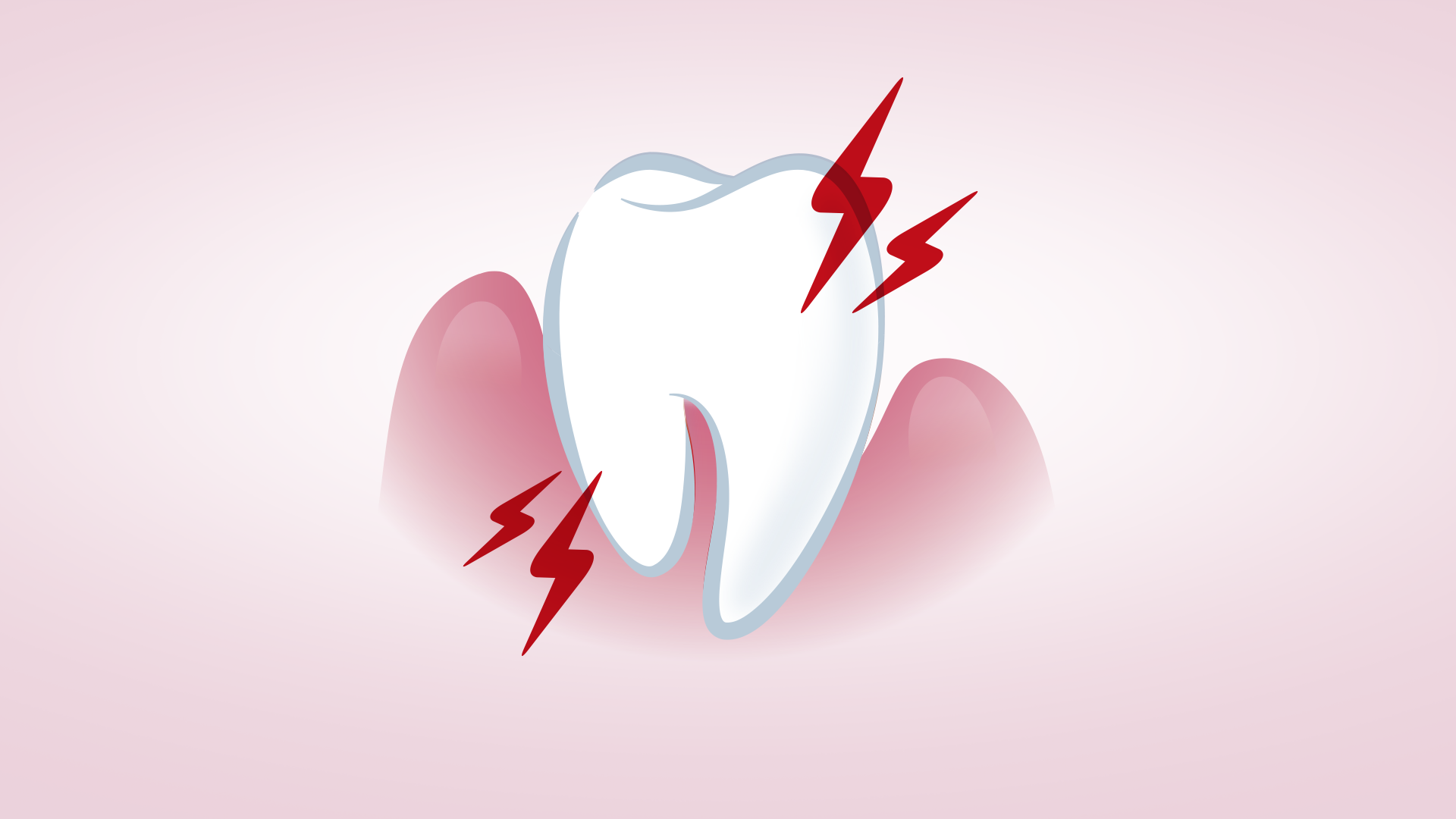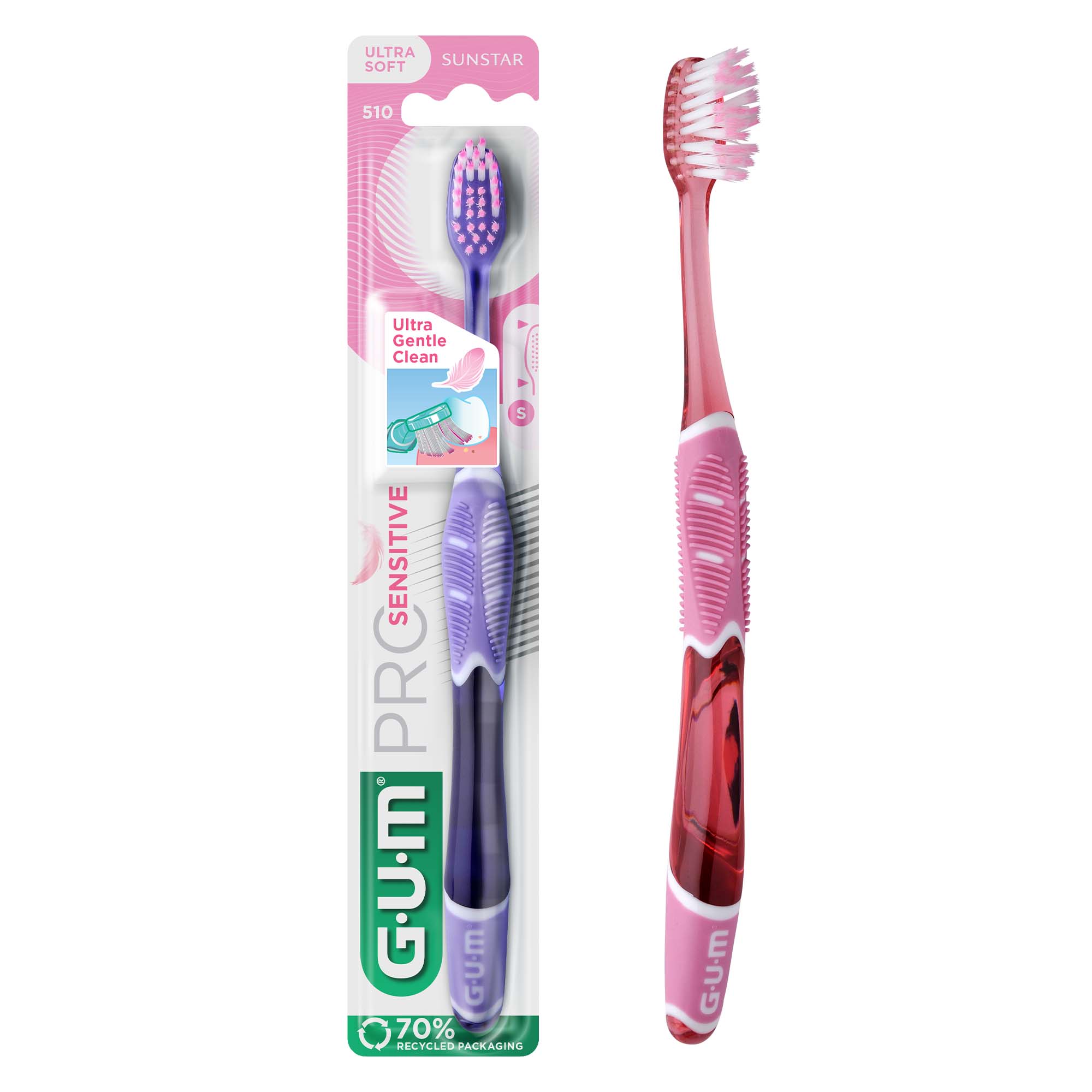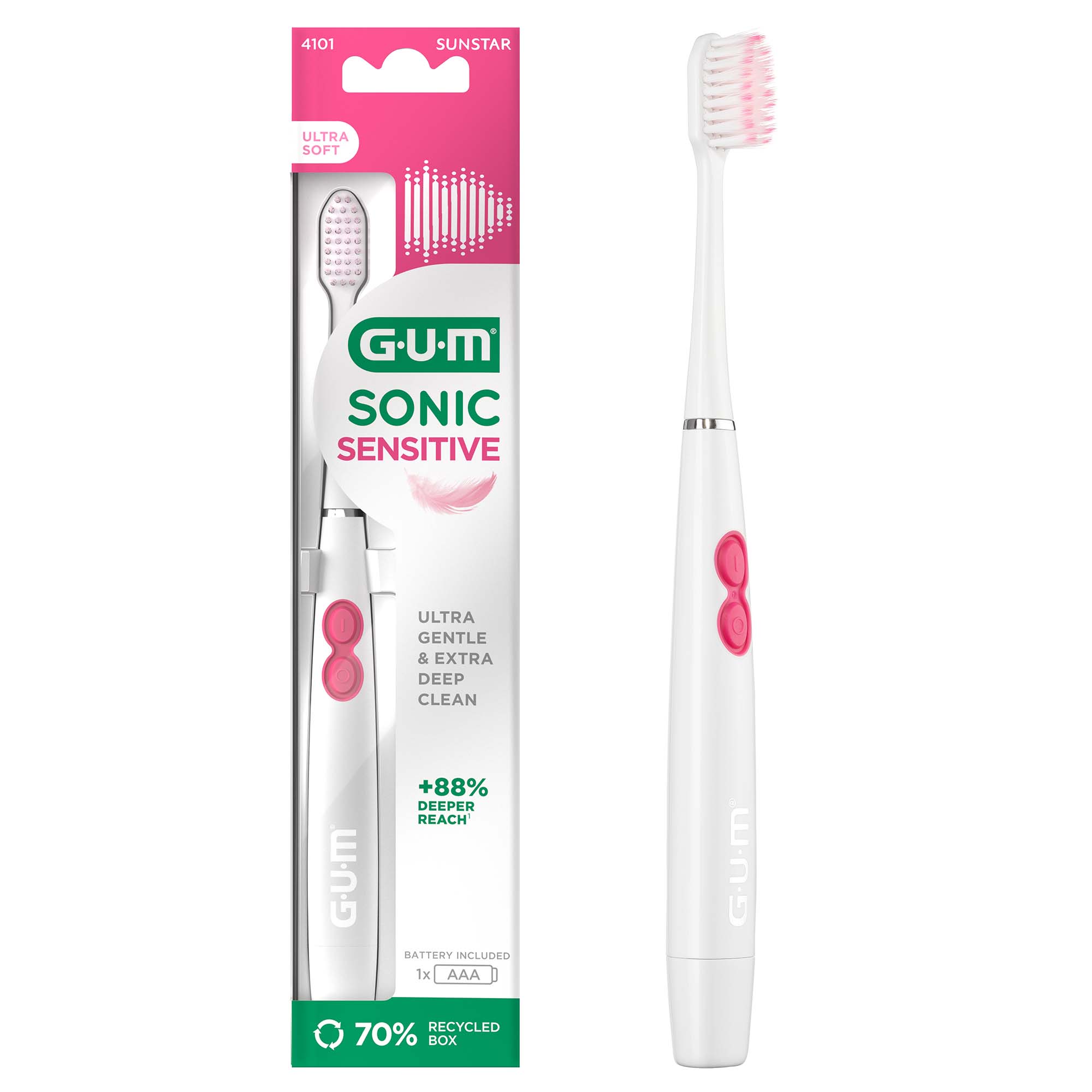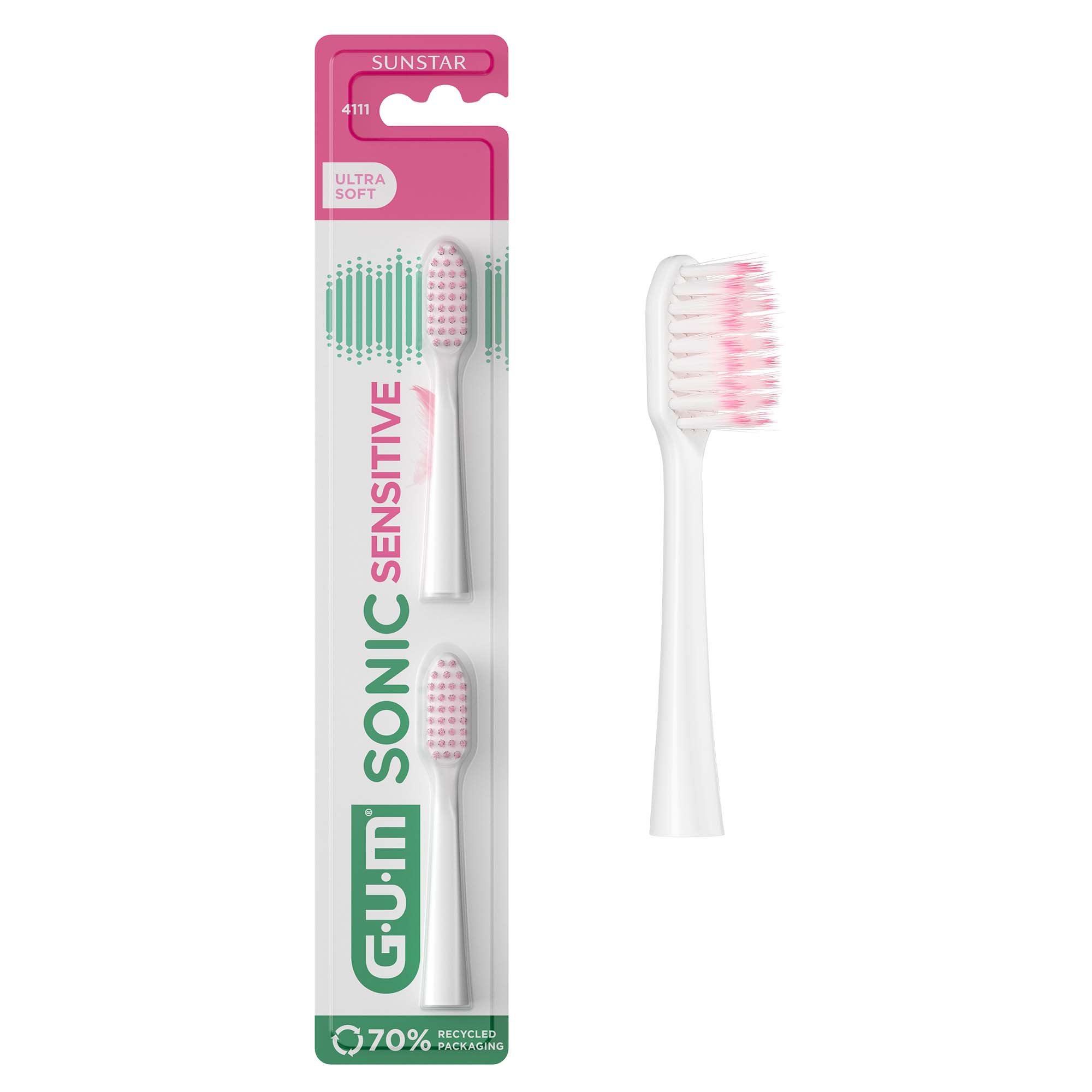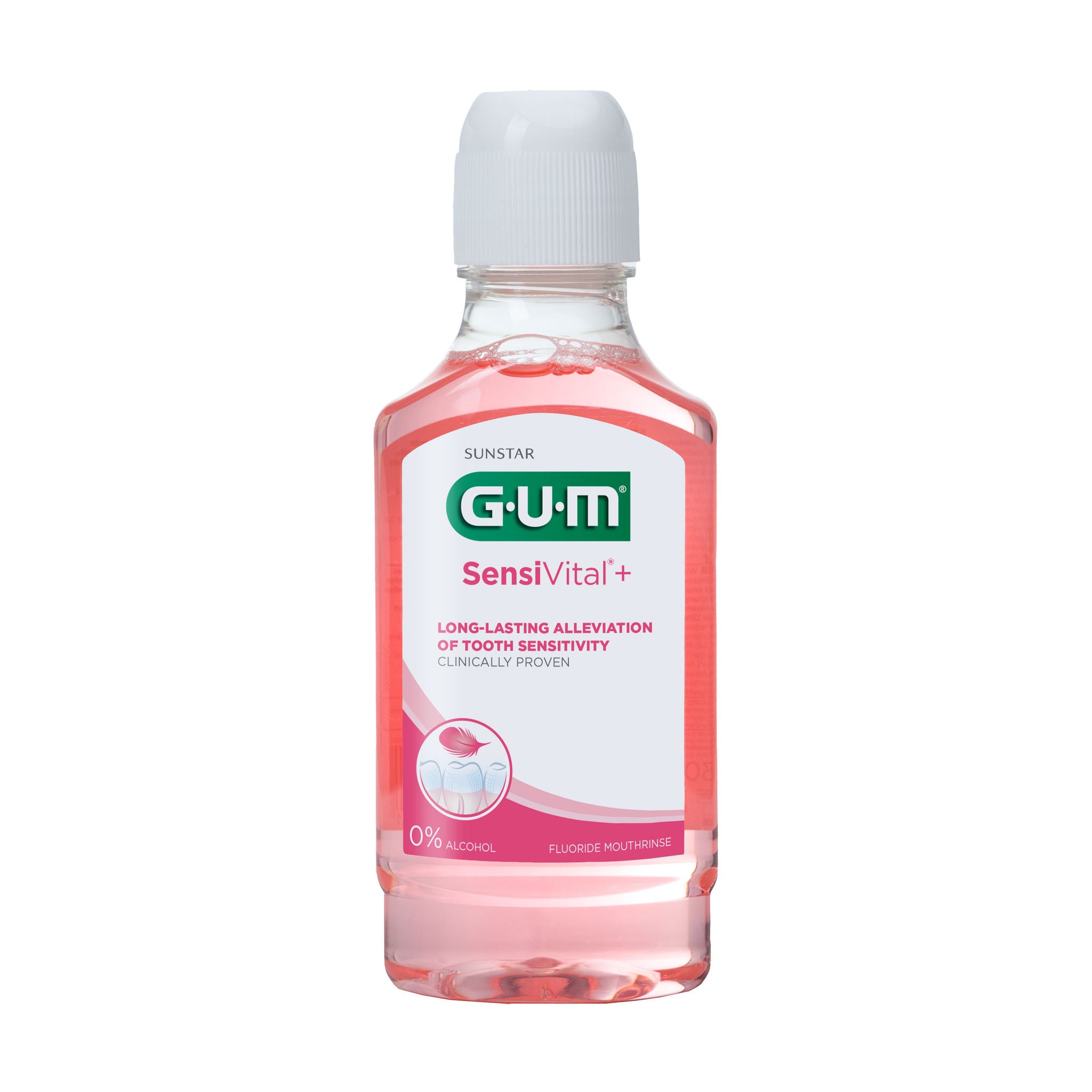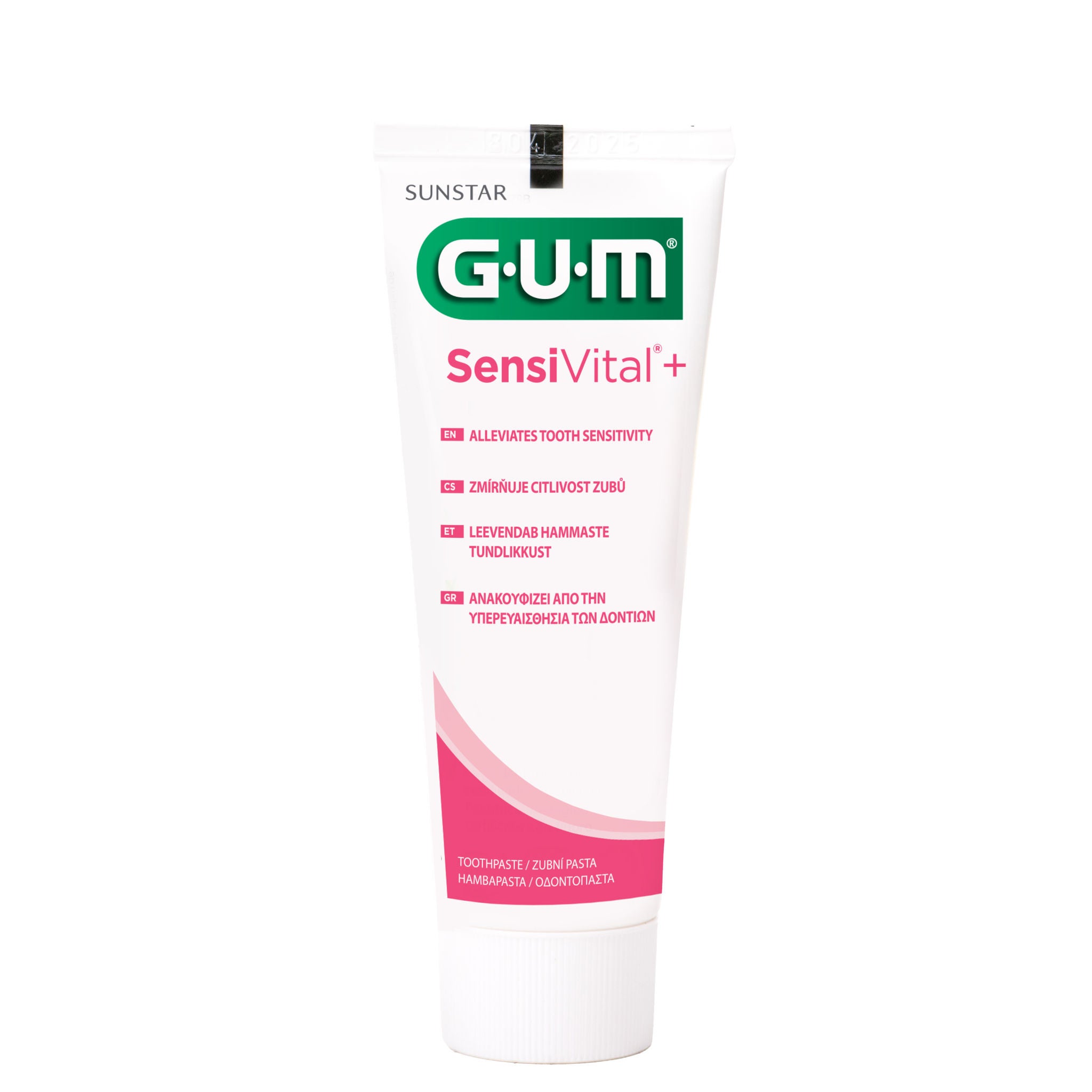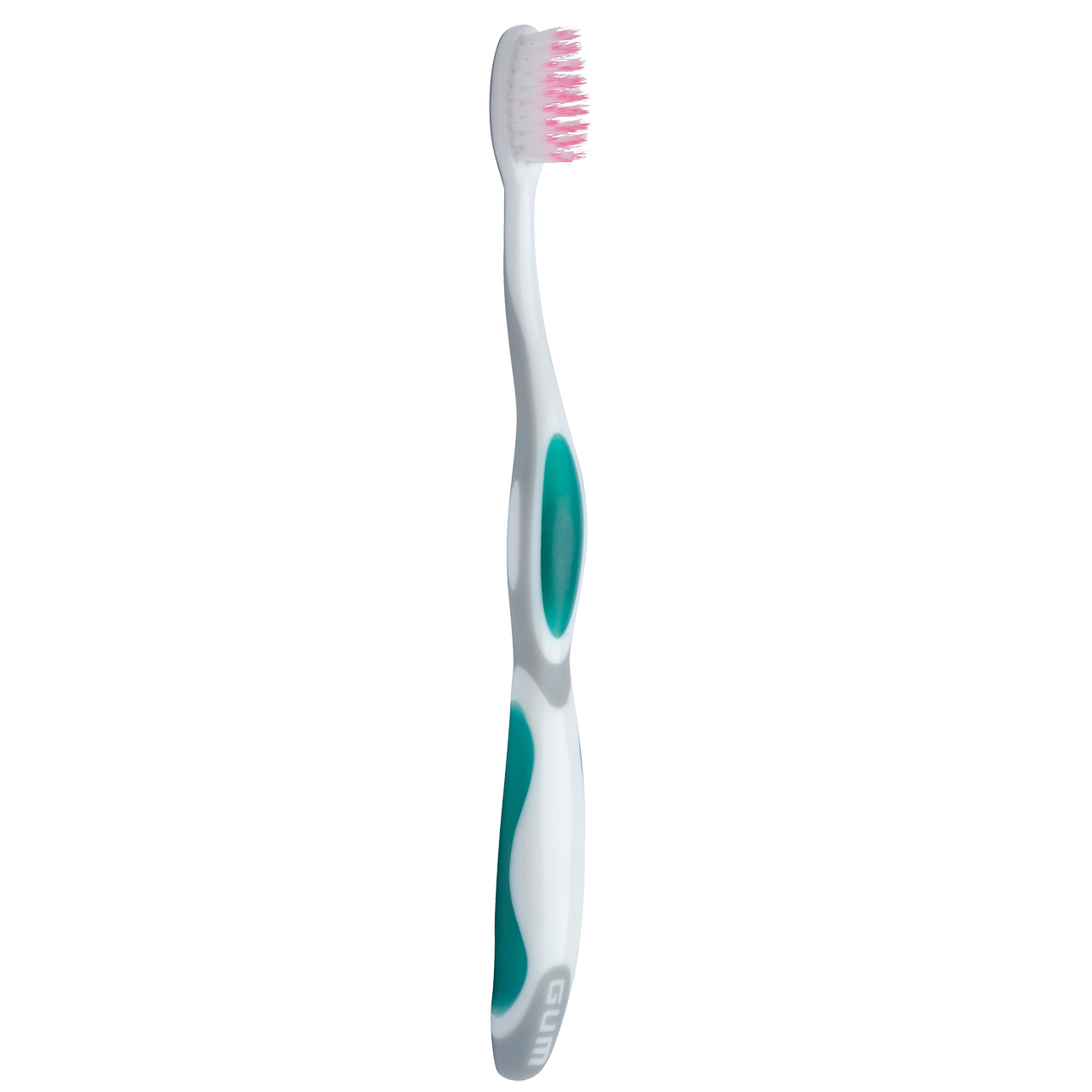Sensitive Teeth
Suffering from sensitive teeth and gums? Dental sensitivity is common but can be annoying and uncomfortable. Learn how to better manage sensitivity.

Have you ever felt discomfort when taking a sip of coffee, eating a bowl of hot soup or cold ice cream, or even breathing in cold air? Does brushing or flossing your teeth sometimes makes you wince?
If you answered ‘yes’ to any of these questions, you may be suffering from tooth hypersensitivity.
What is tooth hypersensitivity?
What causes sensitive teeth?
Tooth sensitivity occurs when an exposed root surface of a tooth is irritated by hot, cold, or other sensations.
The two most common causes of sensitive teeth are gum recession and enamel loss.
Causes of gum recession
Also known as gingiva, your gums are the tissue in your mouth that surround the base of your teeth.
Gum recession can occur for a number of reasons, including:
- Oral health issues. Excessive plaque and the development of gingivitis can lead to gum recession, exposing the root of the teeth that is not covered with enamel.
- Poor brushing habits. Brushing too hard with inappropriate toothbrush and technique against the gumline can damage your gum tissue and cause gums to recede and wear away the enamel layer.
- Diabetes. This condition increases risk of developing gum disease, with receding gums as a possible consequence.
The aging process affects the mouth too. With time, our gums begin to recede, revealing the root area where there is no protective enamel shell.
What makes enamel wear away?
Tooth enamel is the strongest substance in the body. This coating on the crown of the tooth extends just a little below the gumline. When tooth enamel is worn away, the exposed underlying dentin displays “channels”/tubules where signals of hot, cold, or acidic foods can travel to reach nerves inside the tooth. This can cause pain ranging from mild to severe.
Enamel loss occurs for many reasons, including acidic foods and drinks, or even brushing too hard. This is why it is very important to brush your teeth properly.
Our teeth can also suffer from mineral loss, which contributes to the steady erosion of enamel over time (i.e natural process of aging).
Does sensitivity mean infection or disease?
Sensitive teeth are not automatically an indicator of serious oral health problems. Some gum recession and enamel loss can be a natural part of aging, though these conditions mean you should be more attentive to your oral care rituals to ensure your teeth and gums remain healthy.
Treating sensitive teeth
If your teeth are otherwise healthy, the simplest treatment for sensitive teeth is using clinically tested products that have demonstrated positive outcomes in reducing tooth sensitivity.
While you are working toward reducing sensitivity, you may wish to avoid circumstances that irritate your teeth, such as consuming foods and beverages that are too hot or too cold, and avoiding excessive chewing on sensitive surfaces.
Which solutions should I use if I have sensitive teeth?
If you are suffering from sensitive teeth or gums, you could use a toothpaste with Potassium Nitrate, a clinically proven anti-sensitivity agent. There are rinses with Potassium Nitrate that you could use for extra protection as well.
It is also very important to use a soft toothbrush to prevent further damage to your teeth and reduce discomfort.
Speak to your dentist for advice on what is causing the sensitivity and how to treat it. Our GUM® SensiVital® range is designed for daily relief and prevention of sensitive teeth. It provides quick and lasting relief from tooth sensitivity by sealing the dentinal tubules/”channels”, desensitizing the nerve endings and promoting enamel remineralization.
When to see a dentist
Go to the dentist if sensitivity does not subside or is severe, for potential chairside treatments.
Sometimes sensitive teeth are a sign of a more serious problem. You should seek the advice of your dentist if sensitivity has developed suddenly or gotten worse over time, as it can be an indication of conditions such as cavities, cracked teeth, pulpa nerve damage, or infection.
Read our top tips on how to brush your teeth
